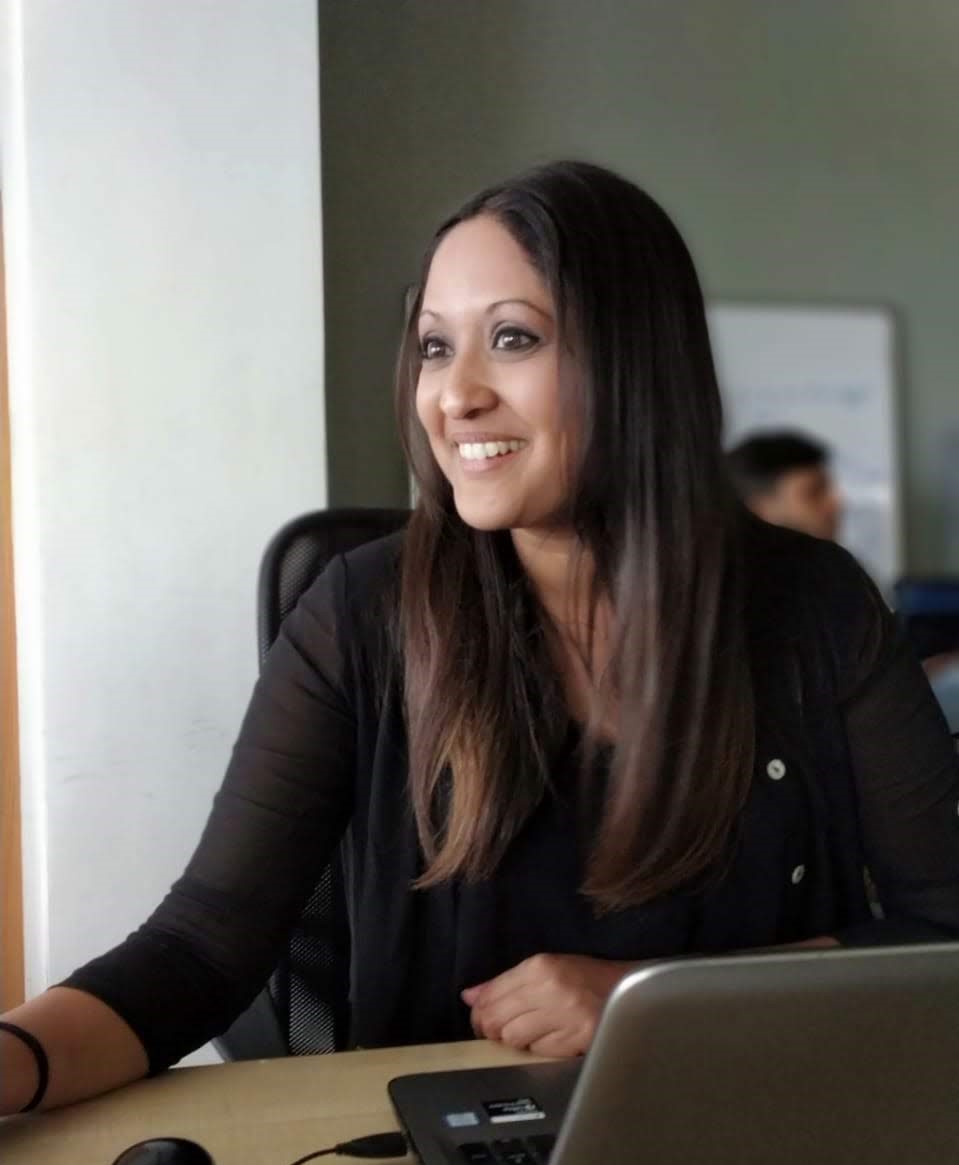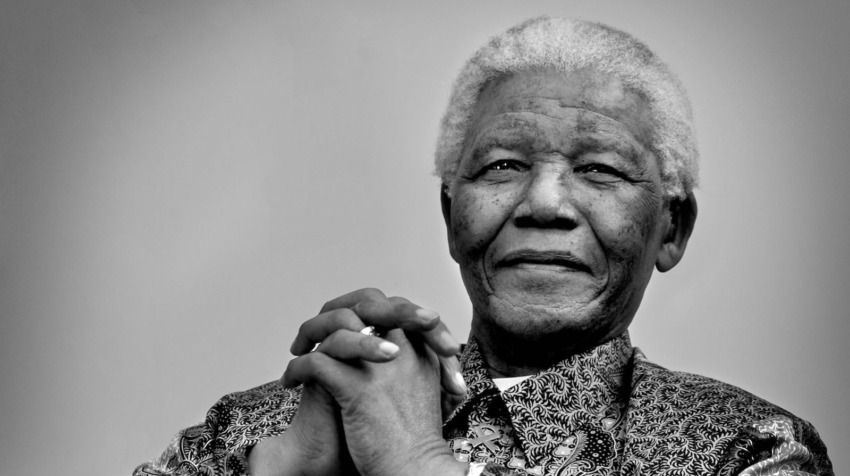MANDELA Day is celebrated each year on July 18th, the birthday of the revolutionary leader and inspiration to people around the world – Nelson Mandela. In his decades of service, Nelson Mandela prioritized the rights of oppressed people and gave his life to fight for those rights. In addition to the political struggle to end the oppressive apartheid regime in South Africa, Nelson Mandela also focused on increasing access to education, ending HIV/AIDS, upholding human rights, alleviating poverty and promoting reconciliation as an answer to conflict worldwide.
The South African freedom struggle holds a special place in the hearts of Indians. Ethnic Indians like Ahmed Kathrada and Billy Nair played a significant role in the struggle against apartheid and were imprisoned right alongside Nelson Mandela.
Here are 5 areas Nelson Mandela devoted his focus and attention to which serve as lessons for us to do our part to make the world a better place for everyone:
Education
“No country can really develop unless its citizens are educated.”
Nelson Mandela often turned people’s attention toward the importance of education in developing a nation. In many parts of the world, including in India, children who live outside urban areas have less access to education. Due to this, opportunities are lacking for rural children and there are limited choices when it comes to employment, specializations and even personal development as an individual. He focused on improving the quality of education for primary school children in rural areas and giving them the foundation to become the thinkers and leaders of the future. Nelson Mandela also highlighted the role that his own diverse education played in shaping who he grew to become. Even while imprisoned for 27 years on Robben Island, his education did not stop. He constantly improved his mental fortitude and that of his fellow political prisoners by reading, studying and learning from one another. Nelson Mandela considered education as the great equalizer, the only instrument that could uplift a child from poverty to an improved state of being. To help children get access to an education, donate here and send children back to the classroom.
HIV/AIDS
“HIV/AIDS is worse than a war. It is a world war. But this war can be won.”
In the 1990s, HIV/AIDS was still a taboo topic in many parts of the world. There was a reluctance to openly talk about how the disease was contracted, let alone inform the public about how to prevent its transmission. Because of the hesitation to talk about HIV/AIDS, the infection continued to spread around the world, including in India, where there are an estimated 2.5 million people living with HIV, as of 2022. Nelson Mandela came to understand that silence equals greater suffering and higher death rates. He commissioned more research into HIV/AIDS to better understand the disease and improve treatment methods. Nelson Mandela also promoted awareness and prevention campaigns, including breaking the silence by holding an AIDS awareness concert that was watched by 2 billion people worldwide. Mandela lent his former prison number, 46664, to the title of the concert stating that people with HIV/AIDS are “too serving a prison sentence for life”. Nelson Mandela constantly reiterated that governments, charities, agencies and individuals around the world should work together to rid the world of HIV/AIDS and help the affected. To help people living with HIV/AIDS, donate here to ease their suffering.
Human rights
“To be free is not merely to cast off one’s chains, but to respect and enhance the freedom of others.
Nelson Mandela made many groundbreaking achievements since his early legal career, such as establishing ‘Mandela and Tambo’, the first black legal practice in South Africa along with freedom fighter Oliver Tambo. In this role, Nelson Mandela and Oliver Tambo served people who were severely oppressed by apartheid but did not have the finances or connections to fight the brutal regime. But none was greater than his political struggle against the divisive apartheid regime, for which he lost his job, was harassed by the authorities, forced to flee, imprisoned and even faced the prospect of the death penalty for his political struggle to remove apartheid and end the inhumane treatment of Africans. It would have been possible for an educated man such as himself to leave South Africa. But he chose to remain in his homeland and speak up for the voiceless and oppressed who had been beaten into a state of submission for generations. To help people who do not have a voice to fight against oppression, donate here to lend yours.
Poverty
“Poverty is not natural. It is man-made and can be eradicated by human beings.”
When Nelson Mandela was awarded the Nobel Peace Prize in 1993, he donated part of the prize money to help street children in South Africa. This was a gesture that reflected his lifetime of service to lifting people out of poverty. Fighting the oppressive system of apartheid that kept millions of people poor and cut off from education, employment and resources became his objective if he wanted to improve the lives of the masses. He described the effort to eradicate poverty not as charity, but as justice, since it is a basic human right to live a decent life with dignity. But this struggle to help people access their basic rights was one that endangered his life. At that time, Africans were segregated, removed from their ancestral homelands, banned from voting, and through discriminatory laws such as the Bantu Education Act, were forced to permanently serve as a “laboring class” for the ruling white South Africans. Nelson Mandela fought this and other oppressive laws through his legal practice and political activism. “Millions of people are trapped in the prison of poverty”, Mandela stated, “it is time to set them free”.
Reconciliation
“It is easy to break down and destroy; heroes are those who make peace and build.”
When the dust settled and apartheid was at an end in South Africa, human nature could forewarn us how two groups of people – the oppressor and the oppressed – would now treat one another. There were violent clashes and many deaths. But President Nelson Mandela and other leaders spoke of peace and reconciliation during this transitional phase. In setting up the Truth and Reconciliation Commission (TRC), President Nelson Mandela created a forum for victims to come forward with the abuses they faced during apartheid. Chaired by South African freedom fighter Archbishop Desmond Tutu, the Truth and Reconciliation Commission was a unique solution to conflict that would come to be replicated around the world. Calling on people to cast aside their weapons, Nelson Mandela advocated reconciliation as the way to heal a nation long plagued by division and conflict. This path of peace and reconciliation was the foundation for the rainbow nation that “lives at peace with itself and the world”.
The future
The global movement in the 1990s to free Nelson Mandela from prison and end apartheid was a worldwide phenomenon that involved participation from governments, musicians, athletes and the public. It may be remembered that Indian passports during the apartheid years banned travel to the Republic of South Africa, a ban that ended with the dissolution of apartheid.
The popularity of anti-apartheid songs swept across not just South Africa, but the entire world, with songs like the upbeat Free Nelson Mandela by The Specials becoming one of the most popular anthems calling for the release of the political prisoner. For many people around the world, it was anti-apartheid songs and concerts that introduced them to the political struggle of South Africans bravely fighting oppressive rule in their own homeland.
South Africa, like many nations including India, has its share of problems in the present day. But the timeless instruction and wisdom of leaders such as Nelson Mandela and Mahatma Gandhi can be applied to modern day struggles and lead countries out of its problems and into its destinies that were envisioned during its founding.

Shirley has been in the development sector for over 10 years and is passionate about making a change in the world around her, including adopting dogs and writing to make a difference.
Discover more from
Subscribe to get the latest posts sent to your email.

